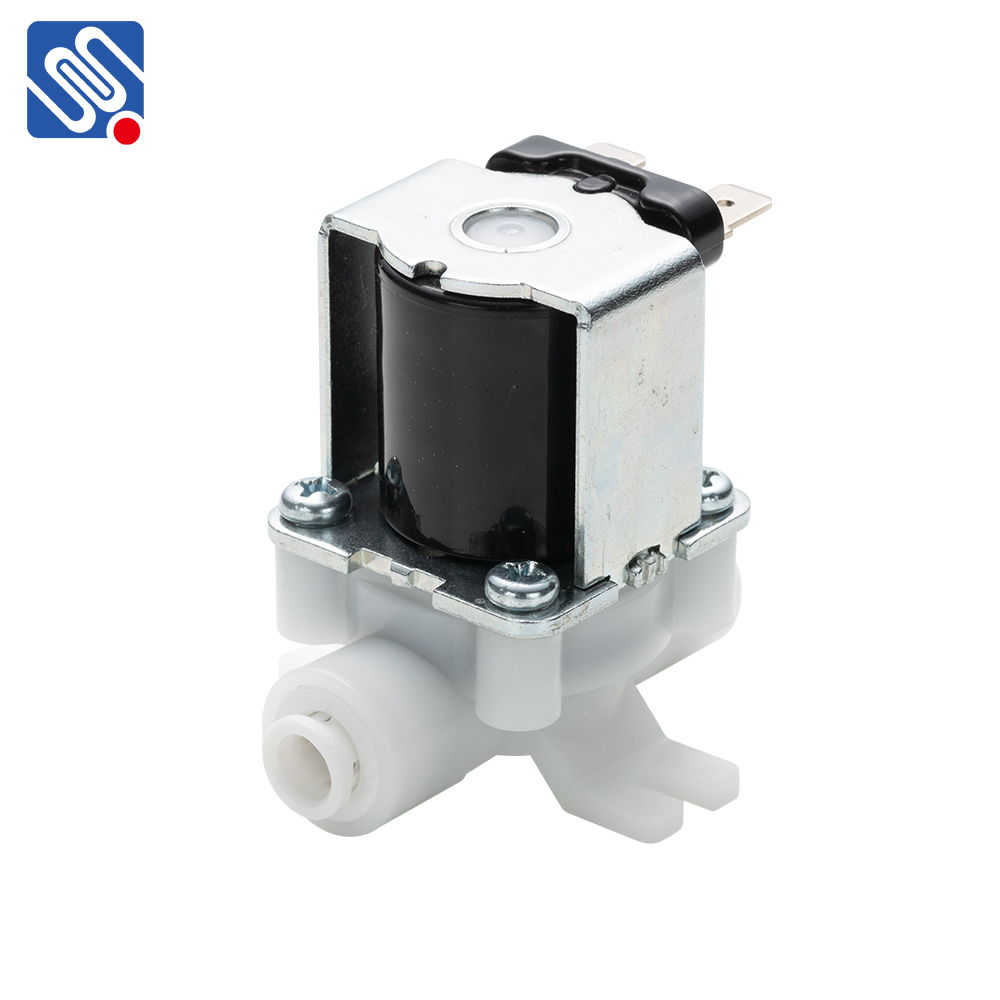Food processing is an industry that requires a high standard of quality and safety. The equipment used in food production must meet specific regulations to ensure the health and safety of consumers. One critical component in food production systems is the solenoid valve, which plays a crucial role in controlling the flow of liquids and gases. Food grade solenoid valve certification is a vital process that guarantees these valves meet the stringent requirements for use in the food industry. In this article, we will explore the significance of food grade solenoid valve certification, the standards it upholds, and how it contributes to food safety and operational efficiency.

What is a Food Grade Solenoid Valve? A solenoid valve is an electromechanical device used to control the flow of fluids or gases in a system. It operates by using an electromagnetic coil to move a plunger that opens or closes a valve, thus regulating the flow of materials. In the food industry, solenoid valves are used in various applications, including dispensing liquids, controlling steam pressure, and managing gas flow during food production, packaging, and processing. For a solenoid valve to be considered “food grade,” it must be constructed from materials that are safe for contact with food and beverages. This includes using non-toxic materials that do not leach harmful substances, as well as ensuring the valve is easy to clean and maintain to prevent contamination. Food grade solenoid valves are critical for systems that handle liquid foods, beverages, and any applications where cleanliness and hygiene are paramount.
Leave a Reply